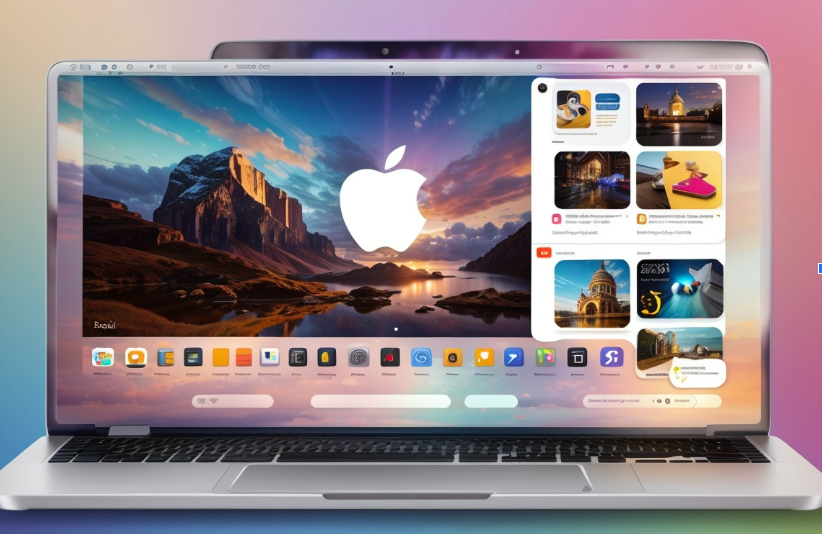Mobile, Desktop, Web and More
Foundational development for almost nearly every platform imaginable from one common codebase.
The Importance of Version Control in Web Development

Understanding the operations involved in web development projects, especially methods employed to track and maintain the progressive versions of software code, can be a convoluted process without the right tools. This complexity is greatly simplified using version control systems that are specifically designed for the task. These systems empower developers to monitor the minutiae of […]
Building Enterprise Apps with Cross-Platform Frameworks

The Imperative of Security in Cross-Platform Enterprise Apps Security in cross-platform enterprise apps is a fundamental necessity. The risk of data breaches and cyber-attacks is ever-looming. As businesses expand their digital footprint, ensuring robust security measures is not just a priority; it’s an imperative. Encryption scrambles your data into an unreadable code during transmission, ensuring […]
Cross-Platform Game Development

The demand for cross-platform games is soaring. Gamers use various devices like PCs, consoles, and smartphones. Creating games that can seamlessly run across these platforms is undoubtedly a challenging endeavor. Unlike traditional game development, where developers focus on one specific platform, cross-platform game development requires a different approach. One of the main challenges in cross-platform […]
Cross-Platform Development for Augmented and Virtual Reality

Augmented Reality (AR) and Virtual Reality (VR) technologies have made impressive strides in recent years, carving out distinct ecosystems and communities of enthusiasts and developers. AR, for instance, boasts influential platforms such as Apple’s ARKit and Google’s ARCore, while the VR space is marked by prominent players like Oculus, HTC Vive, and PlayStation VR. These […]
React Native vs. Flutter

Mobile app development is constantly evolving and one of the main battles within it is the comparison between React Native and Flutter. Both of these frameworks offer efficient ways to create cross-platform mobile applications, but they come with their unique features, advantages, and disadvantages. React Native React Native, a creation of Facebook dating back to […]
Machine Learning in Application Development

Machine Learning (ML), a subset of Artificial Intelligence, involves the use of algorithms and statistical models to enable systems to improve their performance over time based on experience and data. Its application scope in mobile and desktop application development is rapidly expanding, and it is heralded as one of the key technologies driving the next […]
Future Trends in Mobile and Desktop Development

Mobile and desktop development is the cornerstone of the digital world. It’s an ever-evolving field that has shaped business and communication in ways that were unimaginable a few years ago. The progress in this space is relentless and with that comes emerging trends and technologies that promise to significantly shape the future of mobile and […]
Mobile App Accessibility

Mobile apps’ salient features, such as usability and accessibility, signal its importance in this digital epoch, due to apps becoming a ubiquitous presence in individuals’ lives. From connecting socially to viewing multimedia entertainment and executing imperative transactions, such applications’ role has transformed into an essential facet of routine life. The significance of mobile app accessibility comes to […]
Leveraging Data for App Improvement and Growth

Understanding the value of mobile app analytics lies in appreciating their significant role in the world of app development. Entering this field without a firm understanding is like engaging a new arena without any background knowledge of the rules of the game. With the aid of mobile app analytics, developers are bestowed with invaluable insights […]
Navigating App Store Guidelines and Avoiding Common Pitfalls in Cross-Platform App Deployment

Cross-platform app development has gained immense popularity in recent years, thanks to its ability to save time and resources. It allows developers to create a single codebase that can run on multiple platforms, such as iOS, Android, and even the web, reducing the need for platform-specific development. When it comes to deploying your mobile app […]